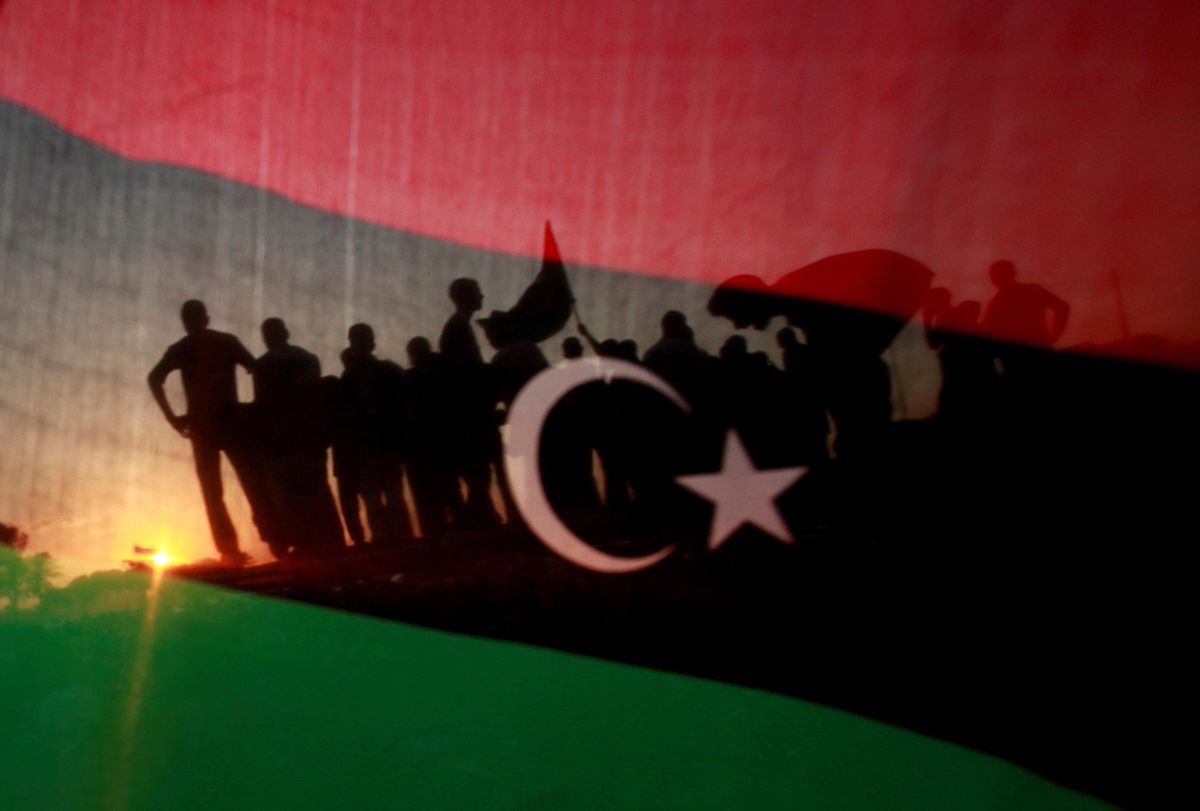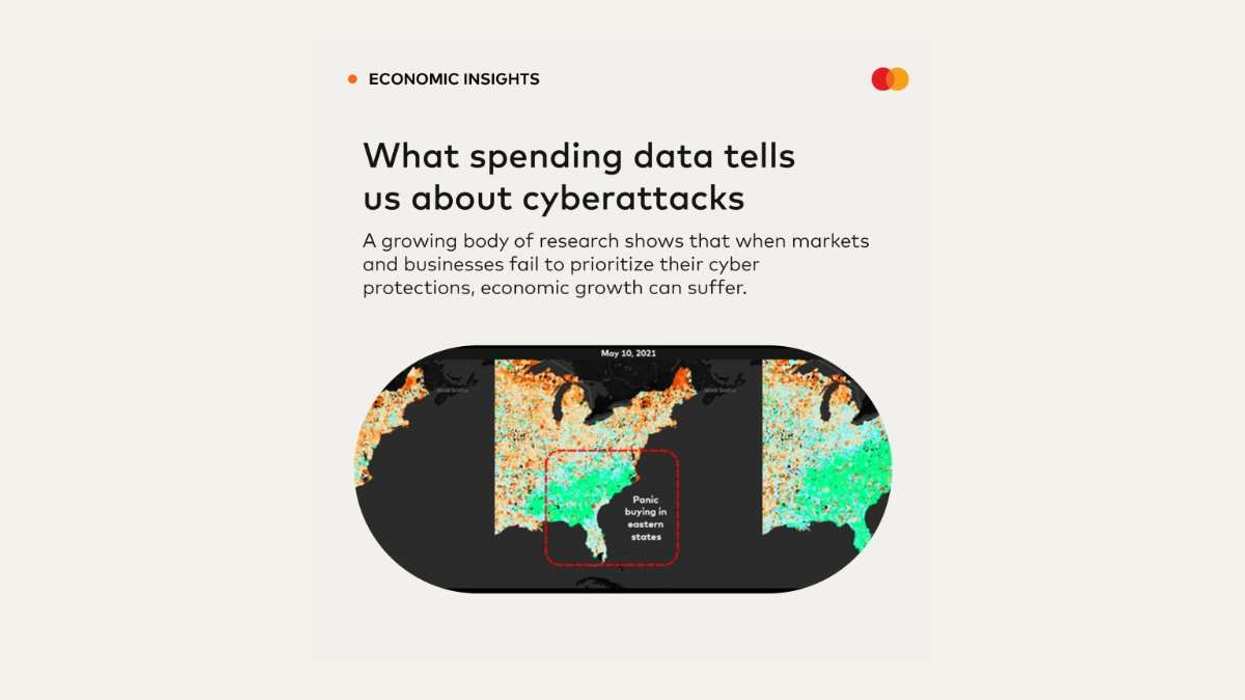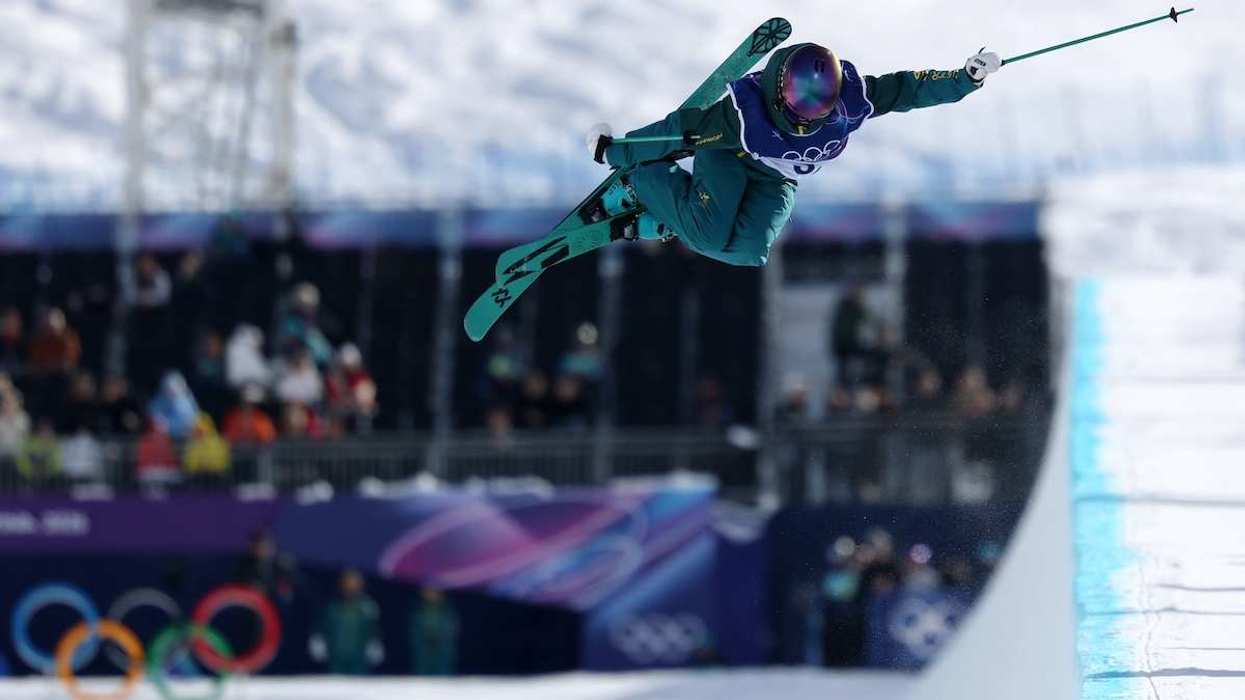Libya election postponed. As many had expected, Libya’s election will in fact be postponed. The vote, the first since psycho autocrat Muammar Qaddafi was ousted in a NATO-backed uprising 10 years ago, was supposed to happen on Friday. Now the country’s electoral board says it will be postponed by a month, until January 24. The move isn’t a surprise: for weeks the two rival governments that run Libya — and their outside backers — have been squabbling over electoral rules and candidate eligibility. The question now is whether delaying the vote genuinely gives the parties time to agree on a process that seems legitimate enough to hold, or whether the move risks further unraveling a fragile and fragmented country. The UN has already raised alarm about rival armed groups setting up positions in and around Tripoli.
Sudan PM to step down? Meanwhile, Libya’s southeastern neighbor Sudan isn’t having an easy time of it either. Beleaguered PM Abdalla Hamdok could soon step down amid protests over the transitional military-civilian government. Hamdok represents the civilian wing under a deal negotiated after the ouster of Omar al-Bashir in 2019. But that agreement has always been shaky — in October, the military staged a coup and arrested Hamdok, only to release and reinstate him a month later under a fresh arrangement. But supporters of the civilians rejected that new pact, and in recent days they have thronged the streets to call for “no partnership, no negotiation, no compromise” with the generals. Sudan can ill-afford another political crisis — one-third of the population is already in need of humanitarian assistance, and the number of Sudanese in outright life-threatening conditions rose 75 percent to 13 million in 2021. Meanwhile, Sudan is also struggling to accommodate refugees from the ongoing war in neighboring Ethiopia, and to navigate the ongoing diplomatic and security challenges posed by the Ethiopian construction of a massive hydroelectric dam upstream on the Nile.
Covid pill pops, Pentagon miracle jab to follow? The FDA on Wednesday approved the first oral, at-home, antiviral medicine for those infected with COVID-19. Pfizer's Paxlovid pill reduces severe illness by up to 90 percent in high-risk people who take it early in the course of their infection. In the coming days US regulators are likely also to greenlight a similar pill made by Merck, called Molnupiravir, though France seems less keen. The arrival of mass produced oral therapeutics is a major turning point in the pandemic, giving doctors and public health systems a powerful tool to reduce mortality from the disease, while also reducing pressures on hospitals. Also this week we learned that the US Military has developed what sounds too good to be true: a vaccine that works not only against all current variants but against all future ones too? Forgive us for thinking this was an Onion headline at first, but we're eager to learn more about Pentagon Pharma's potentially game-changing jab.
UK and EU reach 🐟 deal. The EU and the UK reached a compromise on Wednesday to end a contentious fight over fish. The two sides will share fish stocks next year by reverting to the quotas included in last year's post-Brexit trade agreement. On the plus side, each side now knows exactly how much fish it (and the other) is permitted to catch in 2022, though on the downside environmentalists still say the number is too high. Still, this deal doesn't solve the nasty bilateral UK-France row over who gets to fish which waters in the English Channel. In recent weeks, the UK has shown more willingness to compromise by granting French fishing vessels more licenses to operate in the disputed waters, but Paris wants a lot more. Fishing rights are a big deal in the two countries — expect them to come up as a campaign issue in next year's French presidential election.

















